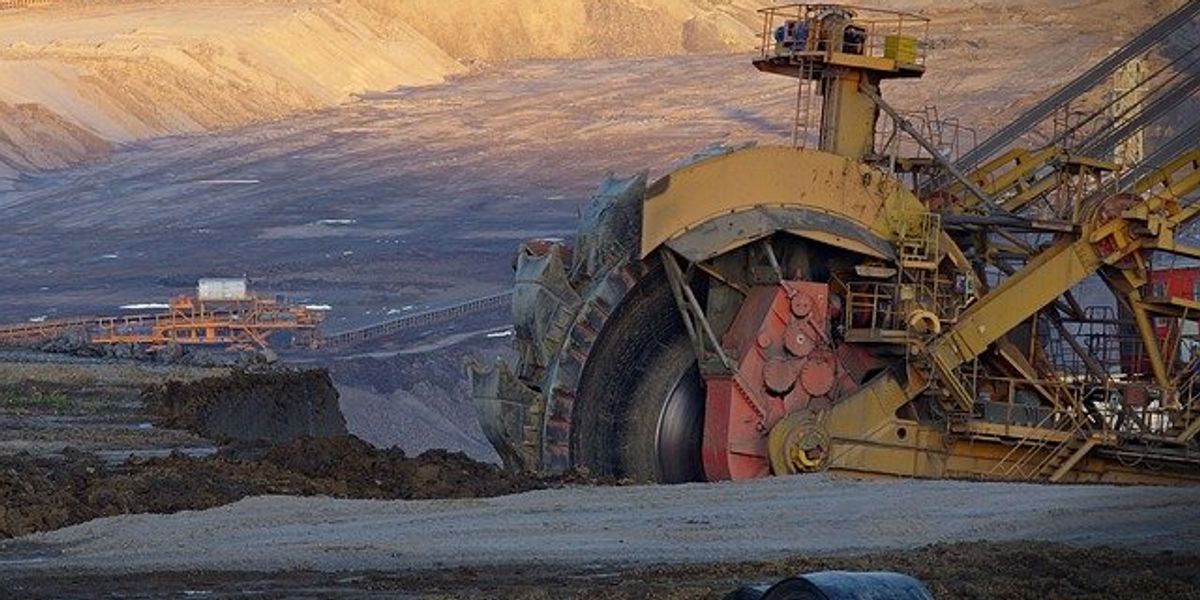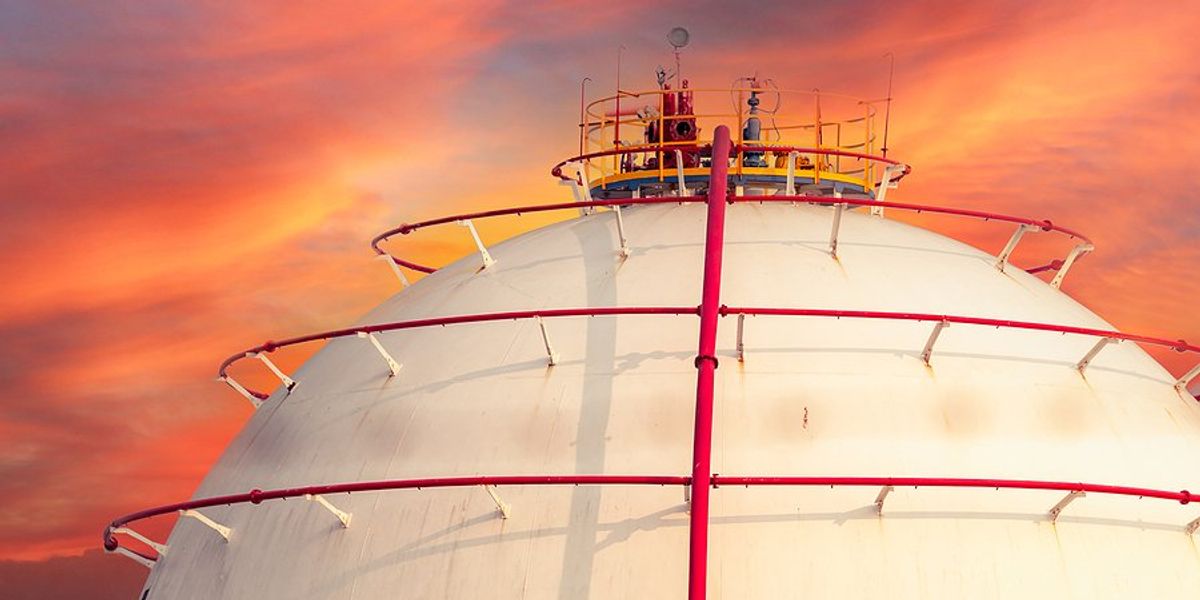farming
Somalia's climate crisis is worsening long-standing challenges
Despite being one of the world's poorest and most conflict-ridden nations, Somalia's top climate advisor remains hopeful for the country's future despite the impacts of climate change.
In short:
- Climate change is intensifying Somalia’s droughts and floods, worsening resource scarcity and fueling local conflicts.
- Around 4 million people, displaced by conflict and climate crises, now live in makeshift refugee camps with little international aid.
- Somalia is investing in renewable energy, with local businesses and communities taking steps to adapt to climate challenges.
Key quote:
“There is no respect if you don’t have a gun. The herders who lead their animals into the farm stay back when they see my weapon.”
— Sheik Don Ismail, Somali farmer.
Why this matters:
Somalia’s escalating climate challenges are pushing its population into deeper conflict and poverty, threatening millions with displacement, hunger, and violence. Addressing these issues requires urgent international support.
Related coverage:
Climate-friendly eating is already happening, one farm at a time
Ecologist Mark Easter’s new book, The Blue Plate, shows how small shifts in farming and food consumption can help curb climate change by reducing agriculture’s carbon footprint.
In short:
- Easter breaks down the environmental impact of common U.S. foods, from bread to meat, showing how emissions are tied to every step of the food chain.
- The book highlights small-scale agricultural innovations across the U.S. that reduce emissions, arguing these changes can be scaled up.
- Easter draws on personal history, linking today’s climate challenges to practices like those from his great-grandmother’s time during the Dust Bowl.
Key quote:
“We’re basically trying to tally the flow of carbon and nitrogen back and forth between the Earth and the atmosphere... Do we have too much flowing in the wrong directions?”
— Mark Easter, ecologist and author.
Why this matters:
The way we produce and consume food plays a key role in climate change. By adopting sustainable farming methods, even small shifts can help restore soil health and reduce greenhouse gas emissions, helping to combat global warming.
Learn more:
Low water levels disrupt transportation on the Mississippi River
For the third consecutive year, drought in the Midwest is driving down water levels in the Mississippi River, hampering the transport of fuel and grain and pushing businesses to find alternatives.
In short:
- Drought conditions in the Midwest have lowered Mississippi River water levels since mid-July, causing transportation delays and increased costs for goods like grain and fuel.
- Barge operators are facing rising costs, with barge rates increasing by 57% compared to the three-year average, leading to higher shipping expenses for businesses.
- Climate scientists warn that alternating wet and dry conditions may become more common as climate change affects regional weather patterns.
Key quote:
“This was front and center for us. One of the main things that we talked about were these rapid oscillations … between wet to dry and dry to wet extremes..”
— Aaron Wilson, Ohio’s state climatologist and a professor at Ohio State University
Why this matters:
The Mississippi River plays a crucial role in U.S. agricultural exports. Prolonged disruptions could hurt U.S. farmers, especially soy growers, and allow foreign competitors to gain an advantage in the global market.
Virginia farmers struggle with heat and drought during tough growing season
A combination of extreme heat and prolonged drought devastated Virginia vegetable crops this summer, forcing farmers to adjust their methods in hopes of preserving their harvests.
In short:
- Virginia vegetable farmers faced one of the driest and hottest summers on record, severely impacting crops like tomatoes, peppers, and eggplants.
- Flash droughts, intensified by climate change, quickly developed and worsened, leaving plants without sufficient moisture during key growth periods.
- Some farmers experimented with no-till farming and irrigation but found these methods insufficient without more consistent rainfall.
Key quote:
“This growing season had a drought that was combined with an incredibly long hot spell, and that was the real problem.”
— Hana Newcomb, farmer at Potomac Vegetable Farms
Why this matters:
The increasing frequency of flash droughts threatens food security by destabilizing growing seasons. Climate change is making weather patterns more unpredictable, leaving farmers vulnerable to crop failures without long-term solutions.
Methane emissions are rising at a record-breaking pace
Methane, one of the most potent greenhouse gases, is increasing at the fastest rate ever recorded, driven by fossil fuel use, agriculture and landfills, threatening global climate goals.
In short:
- Methane levels are rising faster than ever, and scientists warn this could push global temperatures beyond safe limits.
- Livestock, landfills and natural gas consumption are key contributors to methane emissions, which increased 20% from 2000 to 2020.
- Human activity is also amplifying methane emissions from natural ecosystems like lakes and wetlands.
Key quote:
“These extra methane emissions bring the temperature thresholds ever closer.”
— Rob Jackson, Stanford University climate scientist and chair of the Global Carbon Project
Why this matters:
Methane traps 30 times more heat than carbon dioxide, making it a major driver of short-term climate change. Reducing methane emissions is one of the quickest ways to slow global warming, but current efforts are falling far short.
EU countries pledge to boost water-saving tech as droughts rise
Southern EU nations agreed to develop water-saving technologies in agriculture to mitigate the worsening effects of climate change, which threatens food security in the region.
In short:
- Officials from nine southern EU countries met in Cyprus to discuss climate-related droughts impacting agriculture.
- They committed to sharing data and research, developing water-efficient farming and creating crops that can withstand harsh conditions.
- Ministers called for increased EU funding to support these initiatives and attract younger farmers.
Key quote:
“Climate change is a real threat to food production worldwide, and this risk is even more severe in the Mediterranean area.”
— Luis Planas, Spain’s Agriculture Minister
Why this matters:
Rising droughts could devastate food supplies in Mediterranean regions, threatening both local economies and global food security. Adaptation to new climate conditions is essential for long-term agricultural sustainability.
Related EHN coverage:
Seaweed farms face hurdles in scaling up across the US
The seaweed farming industry, once promising for its climate benefits, now faces declining investment, regulatory gaps and financial strain, threatening its growth in the U.S.
In short:
- Seaweed farming, once a rising sector with climate potential, is suffering from dwindling investment and market instability.
- Major challenges include high startup costs, a lack of federal guidelines and the complexity of large-scale ocean farming.
- U.S. seaweed farmers also face competition from better-funded European and Asian farms, where government support is stronger.
Key quote:
“We are in what I call the ‘valley of disappointment.’”
— Steven Hermans, founder of Phyconomy.
Why this matters:
Seaweed has vast potential for carbon capture, sustainable food production and replacing petroleum-based products. However, without proper investment and regulation, this growing industry may struggle to thrive, limiting its positive environmental impact.



















